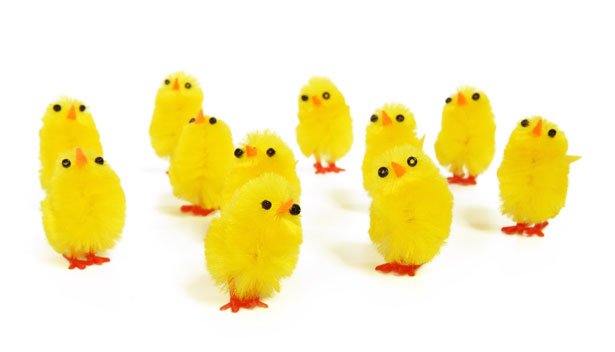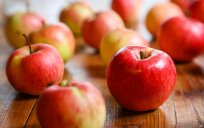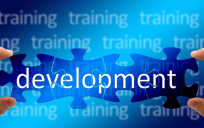In 2009, William Muir, an animal geneticist at Purdue University, discovered that focusing on the number of eggs produced by a group of chickens is more beneficial than breeding the most productive individual birds.
He took two groups of chickens and compared them for a period of time. The first group of chickens consisted of average, mediocre, run of mill chickens. The second group was made up of individually selected super-chickens. We shall call them the super flock.
The results of his work were startling. When he checked on the average group of chickens, he discovered robust, healthy and productive chickens with egg production off the charts. When he peeked in on the group of super-chickens, he found that only a couple of them had survived. The rest of them had been pecked to death.
These findings have huge ramifications on how we build productive workplaces. Traditionally, our approach has been to find the smartest, the brightest and the most brilliant employees. We recruit from the best universities. We offer a host of financial incentives. We hire for cultural fit all in the hopes of finding our next set of super stars. We think we can sustain excellence by putting the most show horses in our corral.
Entrepreneur Margaret Heffernan points out that what the chicken study shows is that human capital (showhorses) may be the bricks in an organization, but social capital (workhorses) is the mortar that holds the workplace together.
According to Heffernan, the average chickens were able to suppress the competition in their group in order to not only survive but to thrive. The super chickens essentially contested themselves to death which created malfunction galore and hordes of wasted time that could have been better spent making eggs.
As Heffernan shares the social capital gospel, people come up to her and say the super chicken flock reminds them of their organization, their country and themselves. She suggests that these stories testify to the fact that we have idolized the model of individual achievement to the detriment of group success. Get the best grades, enroll in the most elite schools, outwork your colleagues are all messages we have been told that will take us to the top.
A similar theme surfaced in some research done at MIT about the characteristics that make up the best teams. To no one’s surprise, the best groups did not have the highest individual IQs or the topmost group IQ. The most productive teams had high levels of empathy for each other and created team environments where no one voice dominated and where each team member had equal input and influence.
Let’s move our group dynamics from rivalry to teamwork, from competition to cooperation and for the sake of an inclusive workplace, from super chickens to empathetic chickens.





Leave a Reply
You must be logged in to post a comment.